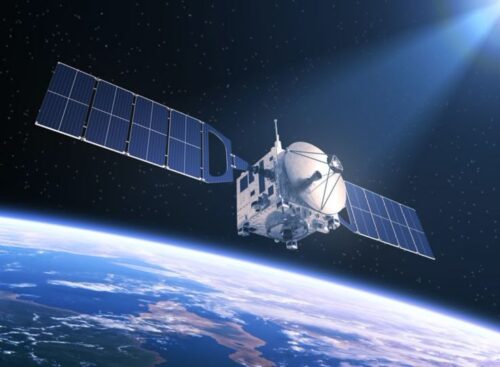When we think about cybercrime, satellites aren’t usually the first targets that come to mind. Yet in 2025, they’ve become one of the most critical — and vulnerable — pieces of global infrastructure. Satellites power GPS navigation, weather monitoring, international communications, military intelligence, and even financial systems that rely on precise timing signals.
The problem? Unlike your phone or laptop, satellites can’t just be patched with a quick software update — once they’re launched, they often run on outdated systems for years, making them prime targets for hackers. The dangers became alarmingly clear in February 2022, when the Viasat KA-SAT satellite network was hacked just as Russia began its invasion of Ukraine. The attack, later attributed to Russian state-sponsored actors, knocked out internet connections for tens of thousands of European users, disrupted Ukrainian military communications, and even grounded parts of Germany’s wind energy infrastructure.
Analysts discovered the hackers had exploited weak satellite modems by issuing destructive commands, showing how a single breach in space infrastructure could cascade into real-world chaos. Since then, the threat has only grown. At DEF CON 2024, the U.S. Air Force–sponsored “Hack-A-Sat” challenge allowed ethical hackers to probe real satellite systems, demonstrating that spoofing GPS signals, altering sensor data, or disrupting communications is not only possible but frighteningly accessible. The risks are wide-ranging: attackers could interfere with commercial airlines by jamming or spoofing navigation signals, mislead shipping routes, disrupt global banking systems dependent on satellite timing, or manipulate satellite imagery to conceal military activity. And with commercial space projects like Starlink, OneWeb, and Amazon’s Kuiper putting thousands of new satellites into orbit, the attack surface is expanding at an unprecedented rate.
Experts argue that the space industry urgently needs to adopt stronger cybersecurity measures, including end-to-end encryption, zero-trust architectures, and remote patching capabilities for satellites. There are also calls for international cooperation to establish norms for protecting space-based infrastructure, since a single compromised satellite could have cross-border consequences.
For businesses and everyday users, the threat may seem distant, but the reality is that nearly every aspect of modern life — from GPS in your car to internet access in rural areas — depends on satellites. If they fall, so does everything built on top of them. The space race is no longer just about exploration or dominance — it’s about securing the final frontier before hackers weaponize it.

